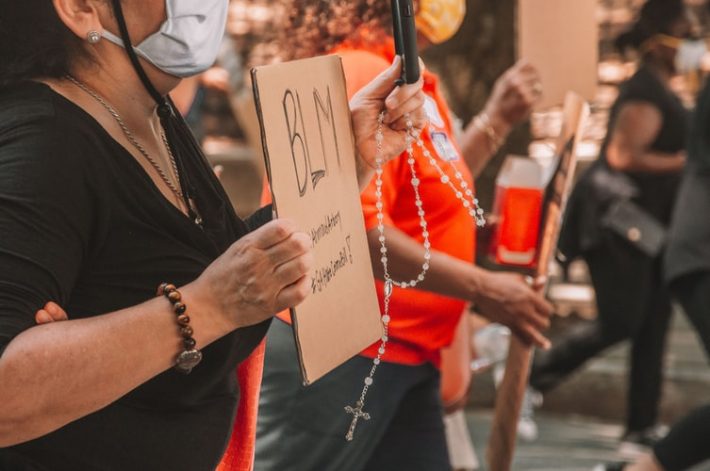The recent pandemic (Covid-19) has impacted education systems in universities around the world. The impact has been dramatic for institutions, academics, and students looking for workable short term solutions for online teaching and learning. The unique challenge facing higher education encouraged DEN to look for opportunities to stay in contact with students using online facilities. Through the academic initiative, we invited students to meet and organise feasible and appropriate projects at this time. Using Inside Westminster we have agreed that students will write an article and or provide a 5 minutes video of their reflection and experience of Covid-19. We have encouraged students from all over the world to express their stories and share them with each other, hoping that this would provide a channel not only to learn but also to engage with each other. Hence, the following articles in this section are students’ reflections/experiences of Covid-19.
Covid-19 is a clear example of the fact that with enough pressure, the world can and will change. In the span of a few short months, our lives have become unrecognisable. When people rightly lament the many injustices prevalent on our planet (global inequality, global warming, systemic racism) it is often retaliated against with an air of defeatism, as if humanities way of organising itself is a stubborn old man set in his ways. “Things are never going to change”. Well, things have changed, many times before. And they have changed in 2020. We live in a vastly different world to the one our grandparents grew up in, however, we should be ashamed to admit systemic racism is still prevalent. Against the backdrop of Coronavirus and the complete reorganisation of our lives, a revolution is occurring.
For 4 weeks now, the UK has been protesting systemic racism in the UK under the movement Black Lives Matter. The movement started in 2016 and has roots in the Civil Rights Movement, however it has reignited on a large scale after the murder of George Floyd in the US on the 25th of May. The movement has spread in part in solidarity against police brutality in the United States but also because the rest of the world is not innocent. The UK is not innocent. Coronavirus can be lethal- systemic racism often is, and it is always violent. And yet it continues.
The duty to protect others has been espoused heavily during the global pandemic. We wear a mask and social distance to protect ourselves but also others. The importance of this duty has been drummed into us. Yet it has taken global unrest to bring to the forefront to the duty to dismantle systemic racism though it is violent, lethal, all around us and present worldwide. This is a repulsive reality.
The view has been expressed that a global pandemic is not the time for protests. This highlights how little the world cares about black lives, as they are lost every day to racism. This is not something that can wait. At the Black Lives Matter protests the majority of people have been wearing masks and abiding by social distancing measures as much as possible. Could the same be said for Victoria Park on a sunny Sunday afternoon? Absolutely not. The hypocrisy of such statements is simultaneously astounding yet not surprising. We have a duty to support Black Lives Matter as much we support the duty to protect each other from the virus. We have a duty to not be silent in the face of systemic racism. Understandably, some people may not be able to attend due to health insecurity, however, silence is violence and we have an undeniable duty to call out and fight systemic racism in our personal lives. The world can change with enough pressure. Anything else is an excuse.
By: Lina Hammouda, Politics and International Relations
